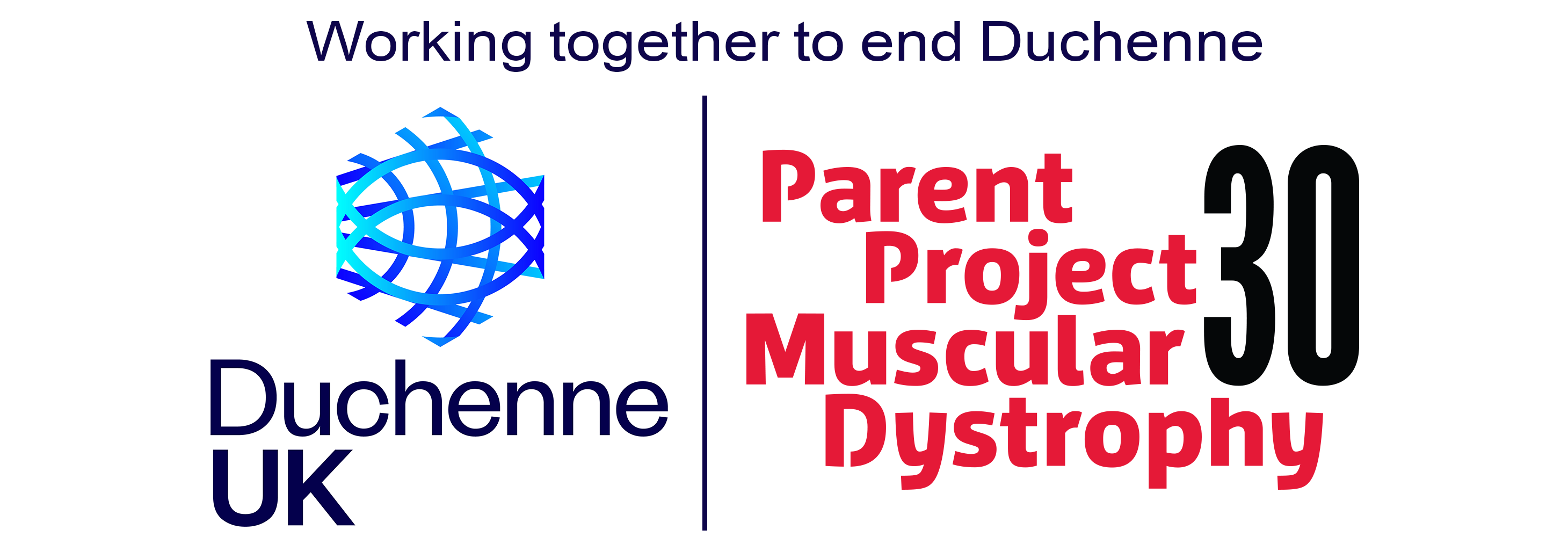Duchenne UK and Parent Project Muscular Dystrophy award $500,000 to research new muscle cell treatment

We are delighted to announce that we, along with Parent Project Muscular Dystrophy (PPMD), are jointly awarding $500,000 to an important new research project.
We are awarding it to paediatric neuromuscular neurologist Professor Peter Kang MD, who is from the University of Minnesota Medical School. It is for his research into evaluating the safety and tolerability of muscle progenitor cells (a biological cell that can change into a specific cell type) as a possible treatment for Duchenne muscular dystrophy (DMD).
What our grant call sought to fund
We are making this award with the US nonprofit organisation PPMD in response to our joint grant call for therapeutic projects.
Cell-based therapies have been studied as a treatment option for DMD. The hope is that they could give people with DMD healthy muscle cells that produce dystrophin.
We issued the joint call to find and fund projects addressing the challenges in ‘first generation’ gene therapies for DMD.
Research will explore safety and tolerability of this possible treatment
This project, entitled “Phase 1 clinical trial of myogenic progenitors for DMD”, is an important step in exploring how new, safer, and more effective cell-based and regenerative treatments for DMD could be developed.
It builds on Dr. Kang’s previous research that used muscle progenitor cells, known as MyoPAXon, which were developed by Dr. Rita Perlingeiro and her team at the University of Minnesota. These cells, derived from human pluripotent stem cells, have shown promise in preclinical studies for their ability to regenerate damaged skeletal muscle. We supported this work and donated over $900,000 towards it.
Dr. Kang emphasised the importance of the award in being able to evaluate the safety of the therapy:
“This funding is critical to our ability to safely evaluate this therapy in patients. Our hope is that this is the first step in unlocking the potential of this technology for individuals with Duchenne. There will still be work to do in order to further understand and deliver this therapy to other muscle tissue, but a pivotal factor is elucidating the engraftment potential and safety of the cells.”
Phase 1 trial
This Phase 1 trial led by Dr. Kang’s team will provide valuable insights into the safety and feasibility of transplanting MyoPAXon cells. By administering local injections into a person’s foot, researchers will be able to monitor any potential site reactions or immune response.
The trial will be conducted at the University of Minnesota and the initial cohort will include six participants with DMD.
The team will also study how long the cells persist and lead to dystrophin-producing myofibers.
Possibility to move to Phase 2
If the trial provides positive data for safety and tolerability, as well as feasibility, it has the potential to set the stage for a Phase 2 study targeting other muscles.
Pat Furlong, President and Chief Executive of PPMD, is hopeful of what the research could mean for a new DMD treatment:
“As we have witnessed the potential of stem cell therapies for Duchenne evolve over the years, PPMD is excited to support moving a novel therapeutic closer to patients. While there has long been hope that these types of therapies could hold promise in Duchenne, we are pleased to see new thoughtful approaches emerging to prioritize patient safety.”
Our ongoing support for this important research
Having invested in the early research that enabled this project, Emily Reuben OBE, co-founder and Chief Executive of Duchenne UK, welcomed being able to support its next stage:
“Duchenne UK has supported Dr. Perlingeiro's work on developing muscle progenitor cells for a number of years. This clinical trial represents the next logical step in the development of what we hope is another potential therapeutic option for individuals with Duchenne.”